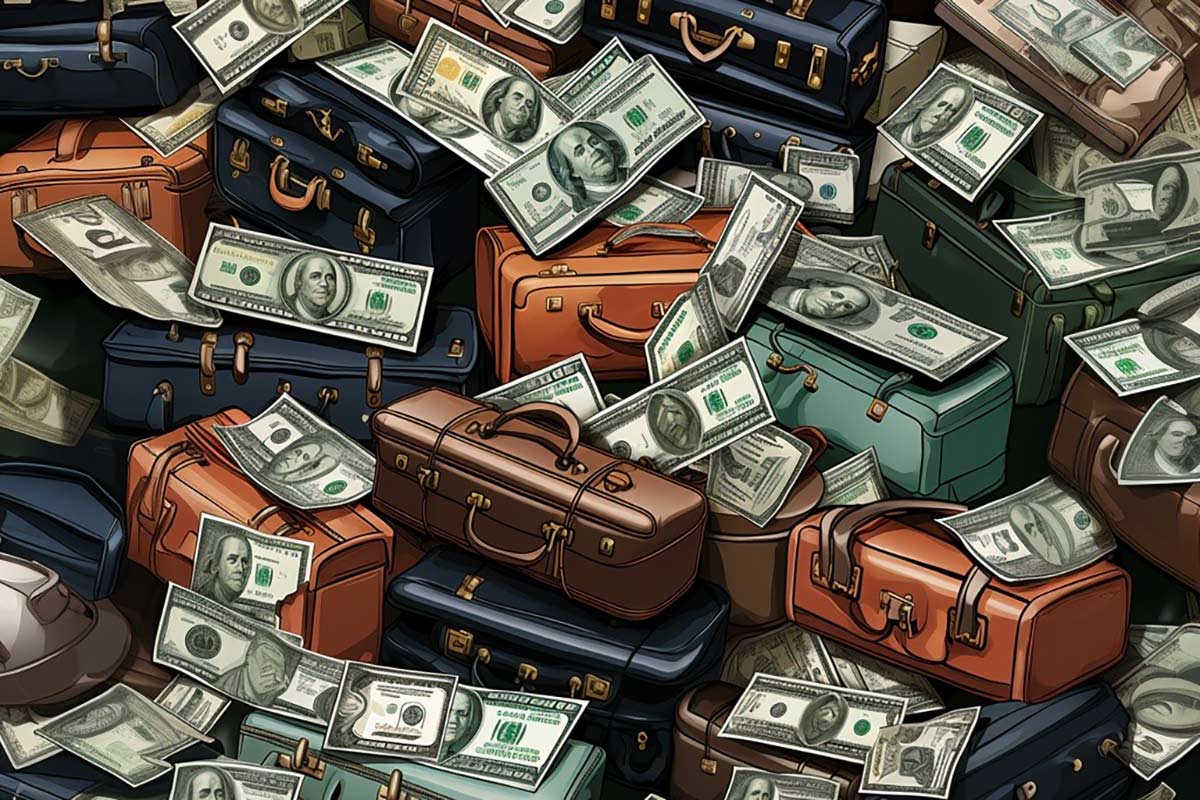Skift Take
The junk fee issue has gone mainstream and the travel industry has no choice in how to respond: It cannot win this battle. It cannot fight back. There's no chance it will win.
You may have heard the term “junk fees” a lot these days. They are these hidden fees across many industries: cable, finance, banking and particularly, the travel industry – airlines and hotels. Since last year, U.S. Transportation Secretary Pete Buttigieg has done many press conferences about the issue. President Biden brought it up in his State of Union speech.
A term that really didn’t exist less than a year ago has now gone mainstream.
How should the travel industry think about this? The answer is clear: It cannot win this battle. It cannot fight back. There’s no chance it will win. Companies can’t ignore it. They’ll have to tackle it head on and give in to what the government is asking. In most cases, that’s transparency. In some cases, it’s doing away with certain fees altogether.
It’s just how it will be. It’s a bipartisan issue, and the public sentiment is 100% with it.
Fights Over Fees Go Back Years
I remember when we were starting Skift and there was the issue of baggage fees. There was a lot of consumer resistance. It became normal. People pay for that.
There was a conversation about overcharging for Wi-Fi in the early days of the technology in hotels, airlines, airports, and elsewhere. The travel industry — the hotel industry, in particular — fought and said it should charge for it.
The hotels lost that battle. Consumers 100% wanted free Wi-Fi and almost everybody in the hotel space now gives it away for free if you are a loyalty member. And it’s becoming free on airlines too.
Companies themselves have at times voluntarily reacted and put more transparency up front on pricing. Airbnb is an example: Earlier this year, it started showing the full price when you search.
Airlines, by regulation during the Obama administration, had to start showing the full price when people are searching. Airlines can’t just say basic fare and then hide the taxes and other fees.
Now there is more focus on hotels, particularly around resort fees.
It’s an issue the travel industry shouldn’t push back on and even if the regulation doesn’t come, it should voluntarily at least put price transparency in the game.
Some extra fees may be legitimate. A travel company could unbundle the price so people can pay for a basic ticket and then pay extra just for things they need.
But adding fees for things people are used to and blatantly trying to just get more revenue per use won’t work. It is something that would have been fine 10, 15, or 20 years ago. But in an age of social media, in an age of polarization, and in an age where activism against corporate issues gain prominence very quickly, these fees will not pass.
The travel industry should not fight to keep junk fees and be very cognizant that this is a real issue. CEOs should be ahead of it in their public statements and say they’re making all efforts to be as transparent as possible. There’s no other way to go.
At Skift, we’ll continue to do a lot of reporting on junk fees. At our Skift Global Forum in September, a lot of big CEOs from the travel industry are speaking. Many of them have been accused of these types of fees – we’ll definitely be asking them about it.
The Daily Newsletter
Our daily coverage of the global travel industry. Written by editors and analysts from across Skift’s brands.
Have a confidential tip for Skift? Get in touch
Tags: airline fees, Biden Administration, bookings, fees, junk fees, pete buttigieg
